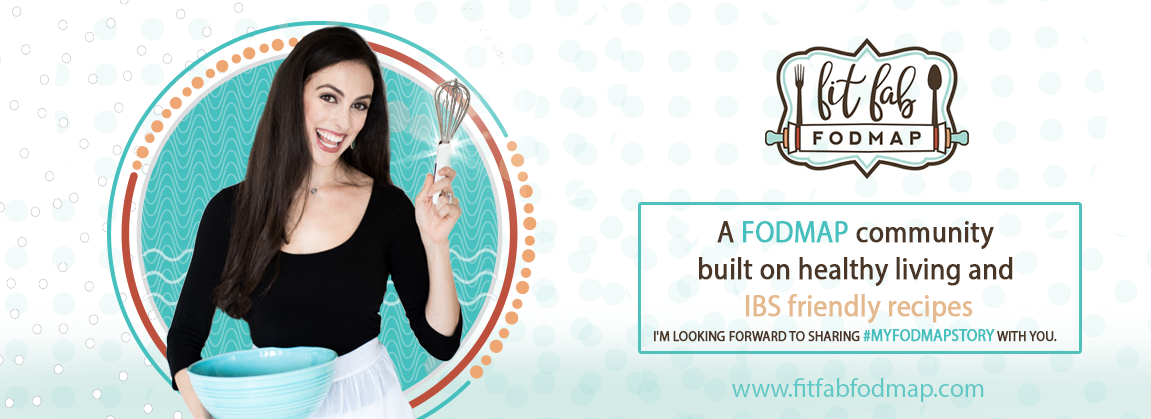During my third trimester, I was diagnosed with Gestational Diabetes after my doctor wanted me to recheck my sugar levels. I was completely shocked as I already eat so carefully on a modified low FODMAP diet. I learned that my PCOS caused the insulin resistance in my second pregnancy which required me to make a drastic change to my diet (which I didn’t think was possible). I have been able to make necessary changes without medication but a lot of times, insulin is a necessary tool in managing blood sugar levels.
I decided to share my diagnosis on social media as I feel like GD as well as a plethora of other topics are not spoken about enough. I received the sweetest and most encouraging direct message from Laura who reached out with encouragement and tips. I was blown away by the instant warmth I felt from her even through the phone. I asked her right away if I could interview her and share some of her wisdom with all of you!
Laura, please introduce yourself! I know your focus is helping those struggling with IBS as well as a diabetes specialist. What got you involved in both the low FODMAP and diabetes? Do you yourself have GI issues?
Thank you, Mollie! I am so grateful that we connected. I have been working as a Registered Dietitian Nutritionist for over 12 years now, so I have been fortunate to work with many different types of people and medical conditions. From 2016-2019, I worked in a clinic where I primarily saw people with diabetes: diabetes in pregnancy (type 1, type 2, gestational diabetes, impaired glucose tolerance), diabetes in children and adults, and polycystic ovary syndrome (PCOS). I became a certified diabetes care and education specialist (CDCES), which was previously called a certified diabetes educator (CDE). I love being able to teach people about the relationship between lifestyle (diet, exercise, stress, medication, etc.) and blood sugars, as well as normalizing and removing stigma around insulin resistance and diabetes.
I have also been counseling and educating people with irritable bowel syndrome (IBS) for the past five years. I have IBS myself, so I took an interest in the FODMAP diet and other strategies for digestive health early on in my career. But it wasn’t until early 2020 that I committed to formally following the three phases of the FODMAP diet as a way to better understand how to help my patients. I was blown away at how effective this diet was in nearly eliminating my own digestive symptoms! Soon afterward, I decided to create my private practice Nutrition with Laura to support people on their journey to digestive health as part of my IBS Roadmap online group program.
Can you explain gestational diabetes in easy to understand terms and the relationship with PCOS? There is so much confusion with what causes it.
I think it’s helpful to start by understanding the role of insulin in the body. Insulin is a hormone that is released by the pancreas and works to move excess glucose out of our blood to be used or stored as energy. This keeps our blood sugar from going above a specific blood sugar range. However, if one has insulin resistance, the insulin does not work as well to do its job and the pancreas has to produce more and more insulin to keep up with demand. Eventually, the pancreas cannot produce enough insulin to keep the blood sugar in range, so blood sugars become elevated. In gestational diabetes, insulin resistance is caused by the hormones produced by the placenta during pregnancy. There are several risk factors for developing gestational diabetes, many of which are out of our control: family history of diabetes, older age, certain ethnic groups, previously delivering a baby weighing more than 9 lbs, having a larger body size, and physical inactivity.
PCOS can also cause insulin resistance. Lifestyle changes are often recommended to improve the body’s sensitivity to insulin. This may include exercise (as tolerated), eating meals that promote stable blood sugars (including fiber, protein, healthy fats with meals and avoiding very high carbohydrate loads), and aiming to maintain a healthy body weight (or in pregnancy, a healthy rate of weight gain). A person with PCOS is at a higher risk of developing gestational diabetes due to possibly already having some degree of insulin resistance.
I know for me, I was EXTREMELY overwhelmed at first and had no idea where to start. What are your favorite resources to suggest or advice you give to newly diagnosed patients?
Yes, this diagnosis can be incredibly overwhelming for people! I usually start by reassuring my patients that this diagnosis is very normal and it is not their fault! Then we focus on what they can do to keep themselves and their baby as healthy as possible. If they can meet with a Registered Dietitian Nutritionist who specializes in diabetes in pregnancy, this is a great way to get reliable and individualized nutrition advice. I live in California, and we have something called the California Diabetes and Pregnancy Program (the “Sweet Success” program) which has a lot of free resources online. I work for Kaiser Permanente, and we also have a lot of resources available to the public online.
You mentioned to me to try gentle exercise to help reduce the insulin resistance. Why is this so helpful in controlling your blood sugars?
Exercise counters insulin resistance – it actually makes us more sensitive to our insulin! It can also help prevent rapid weight gain in pregnancy because the body has to use calories as fuel. Lastly, the muscles munch up some of the sugar in our blood as a fuel during exercise, causing an immediate reduction in blood sugar (this is why we often encouraged taking a brisk 10-15 minute walk right after meals to prevent blood sugar spikes). I emphasize “gentle exercise” during pregnancy, but listen to your body and exercise at an intensity that works for you.
When is insulin sometimes the best option for a mommy and baby? Do most blood sugar levels go back to normal after the baby is born?
When a person is diagnosed with gestational diabetes, they are given very specific blood sugar goals and instructions to check blood sugars four times a day. This is a lot of work, but it has been found to be the most effective way to catch high blood sugars quickly, so that we help bring them back down to safe levels for mom and baby as soon as possible. Some people will still have elevated blood sugars, despite following the diet and lifestyle recommendations to the best of their ability. In this situation, oral medication and/or insulin may be necessary to get blood sugars to a healthy goal. I emphasize to my patients that this is not a sign of failure! The body simply needs more help from medication, and we are fortunate to have access to such treatments to keep these growing babies healthy.
For most people with gestational diabetes, blood sugars return to normal after the baby is born. However, it is important to follow guidelines for getting retested for diabetes after delivery (usually ~6 weeks postpartum), since the risk of type 2 diabetes is higher in people who have had gestational diabetes. I know it’s hard to add one more appointment when you have a new baby, but getting a diagnosis of diabetes early greatly improves outcomes.
Just for fun, if you could pick 3 dinner guests, dead or alive, who would they be?
Ira Glass, Maya Rudolph, & Barack Obama
Interested in working with Laura? (if you can fill out your contact info!)
Laura Disharoon, MS, RD, CDCES
Petaluma, CA
(707) 559-9600
laura@nutritionwithlaura.com




